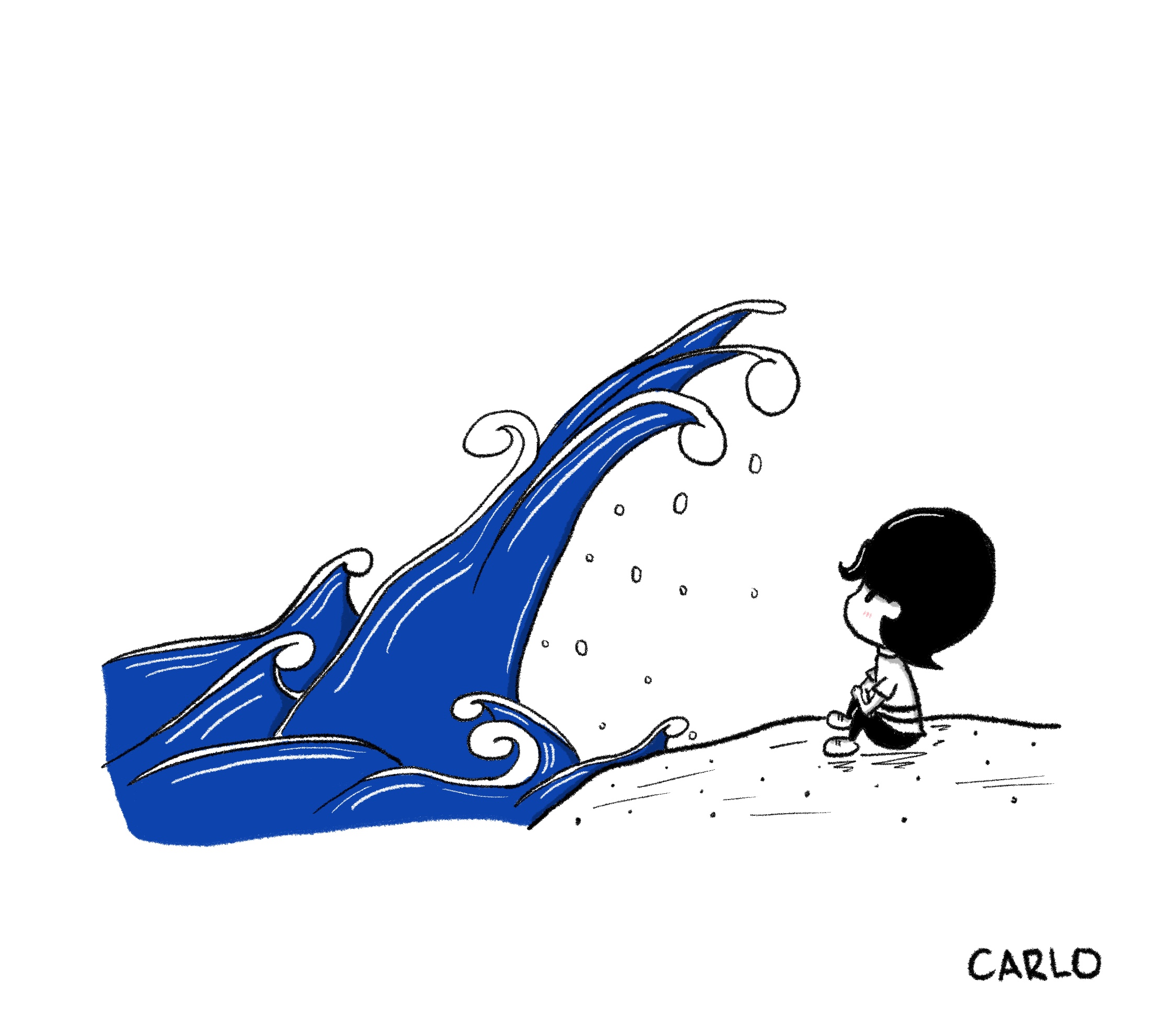The main role of art is to bring us closer to God. Anything less is distraction. — Hugh MacLeod
This is a good reminder for us not just in creating art, but also in everything that we do like our work, hobbies, and activities.
If our work, hobbies, or activities are not bringing us closer to God, then they are taking our time and focus away from what is truly important. They may even become a source of pride, vanity, or self-centeredness. They can be distractions.
Instead, our work, hobbies, and activities should allow us to love God and our families and neighbors. They should bring us to more prayer, not less.
With the proper intention, they can be a form of prayer by allowing us to glorify God through them.
Which of your activities are taking your time away from praying?
Which of your activities actually make you pray more and love more?
Remember your purpose in everything that you do.
Whatever you do, do everything for the glory of God. — 1 Corinthians 10:31






